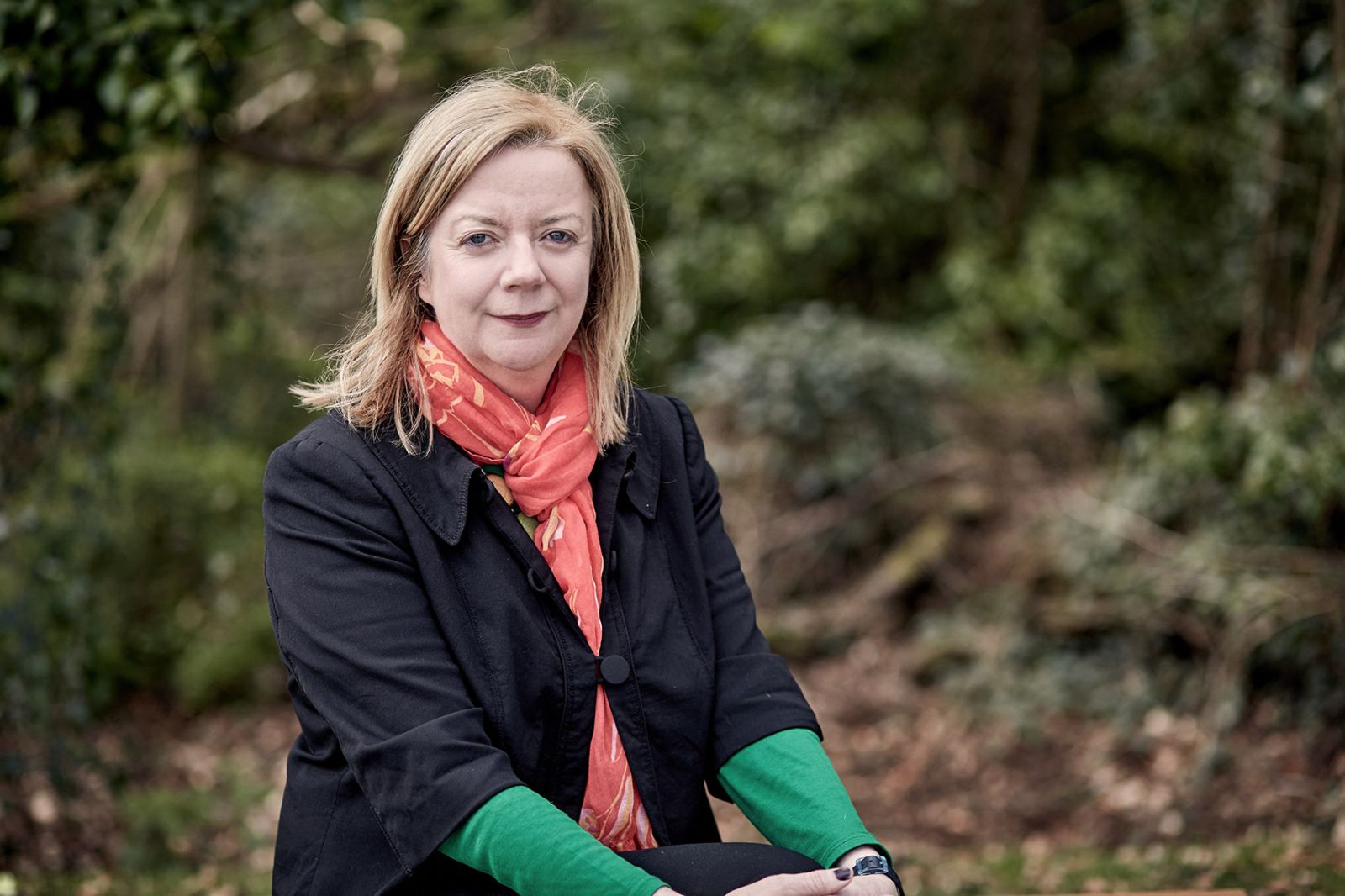A recent pro bono project

A recent pro bono project, delivered in collaboration with Donegal Women’s Centre, demonstrated the very real advantages of online or virtual public legal information clinics in comparison with in-person clinics, from the perspective of potentially vulnerable participants who may wish to seek legal information anonymously.
The clinic related to LGBTQI+ legal rights and had been funded by the Irish government, to be delivered by law students at Atlantic Technological University (“ATU”) in collaboration with the local women’s centre. A law alumnus, who had undertaken Street Law, was recruited to project manage the pro bono clinics and undertook considerable outreach work with local organisations including Youth Projects, Intercultural Projects and numerous organisations across the voluntary sector to co-design the project.
Despite considerable efforts, the attendance at the live pro bono clinics was limited and the evaluation undertaken with the various organisations suggested that, whilst a need for relevant legal information existed, there was a marked reluctance amongst some members to attend legal advice clinics in public forums, especially in what is a rural area and relatively small community.
In response to this, the participating law students were asked to develop online resources and went on to produce a series of videos outlining the law relating to discrimination, human rights, hate crime, child and family law which were both innovative and extremely engaging. The students were supported by the project manager and academic staff as well as learning design colleagues and produced some remarkably engaging videos highlighting legal rights and remedies.
The video resources were distributed to the various partner organisations and the subsequent evaluations provided some very insightful feedback. The pro bono clinic was re-designed into an online clinic which enabled participants to choose whether to conceal their identity, turn on cameras and talk, which several did, or remain anonymous. The virtual clinic was very successful, and the online resources created are highly distributable and provide scope for further engagement, as well as being sustainable and furthering the geographical reach of the pro bono clinic.
In line with Open Justice’s existing work, this really demonstrates the viability, and indeed considerable advantages, of virtual legal clinics and online resources as the chosen method to reach out to potentially vulnerable participants who, for various reasons, may be unable to attend a live clinic. Recent technological developments have really opened up the pro bono world to enable virtual engagement, an area in which Open Justice has been very engaged.
Siobhan joined the Open University in 2022 as a lecturer in the Central Academic Team and is involved in various modules including Family Law, Justice in Action and SQE modules Legal System, Public Law & Criminal Litigation and Property & Private Client Law. Siobhan is involved in the Mediation and Street Law projects for the Open Justice Centre.
Siobhan’s research interests include equality and the role of universities in driving the equality agenda as well as public legal education and the impact of experiential learning on learners.

